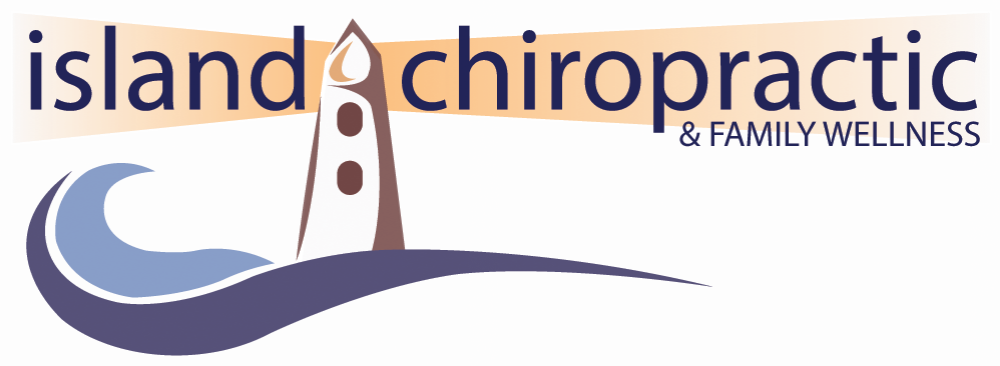You might consider trying craniosacral therapy (CST) for several reasons, particularly if you are seeking a gentle, non-invasive approach to addressing certain health concerns. Here are some reasons why people choose to try CST:
Chronic Pain Relief
If you suffer from chronic pain, particularly in the head, neck, back, or jaw, CST might offer relief. Some people find it helpful for conditions like migraines, fibromyalgia, or TMJ disorder.
Stress and Tension Reduction
CST is known for its deeply relaxing effects. The gentle touch used in this therapy can help reduce stress, anxiety, and tension, which may contribute to an overall sense of well-being.
Complementary to Other Treatments
CST can be used alongside other therapies or medical treatments. If you are undergoing conventional treatment for a condition, CST might complement it by addressing underlying tension or imbalance in the body.
Non-Invasive and Gentle
Unlike some other physical therapies, CST involves extremely light touch, making it a suitable option for those who prefer a less invasive approach or have conditions that make more vigorous treatments uncomfortable.
Potential for Emotional Release
CST practitioners often report that their patients experience emotional releases during or after sessions. This can be beneficial if you are dealing with stress, trauma, or emotional difficulties, as the therapy may help in releasing stored emotional tension.
Holistic Approach
CST is based on the belief that the body has an innate ability to heal itself when the proper conditions are provided. If you are interested in holistic or alternative approaches to health that consider the body as an interconnected system, CST may resonate with you.
Personalized Experience
Because CST is a gentle therapy, it is highly adaptable to each individual’s needs. The practitioner tailors the treatment to your body’s responses, making it a very personalized experience.
Low Risk
CST is generally considered safe for most people. The risks associated with CST are minimal, especially compared to more invasive procedures or medications.
Support for Specific Conditions
If you have specific conditions like chronic fatigue syndrome, post-traumatic stress disorder (PTSD), or certain neurological issues, CST may provide a unique form of support that other treatments haven't addressed effectively.
Curiosity and Exploration
If you are curious about exploring alternative therapies and are open to experiencing new methods of healing, trying CST could be part of your personal journey toward better health and self-discovery.
Before trying CST, it’s a good idea to consult with your healthcare provider, especially if you have any underlying health conditions, to ensure that it’s a suitable option for you.
To book a CST session with Molly click HERE

